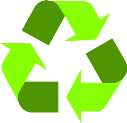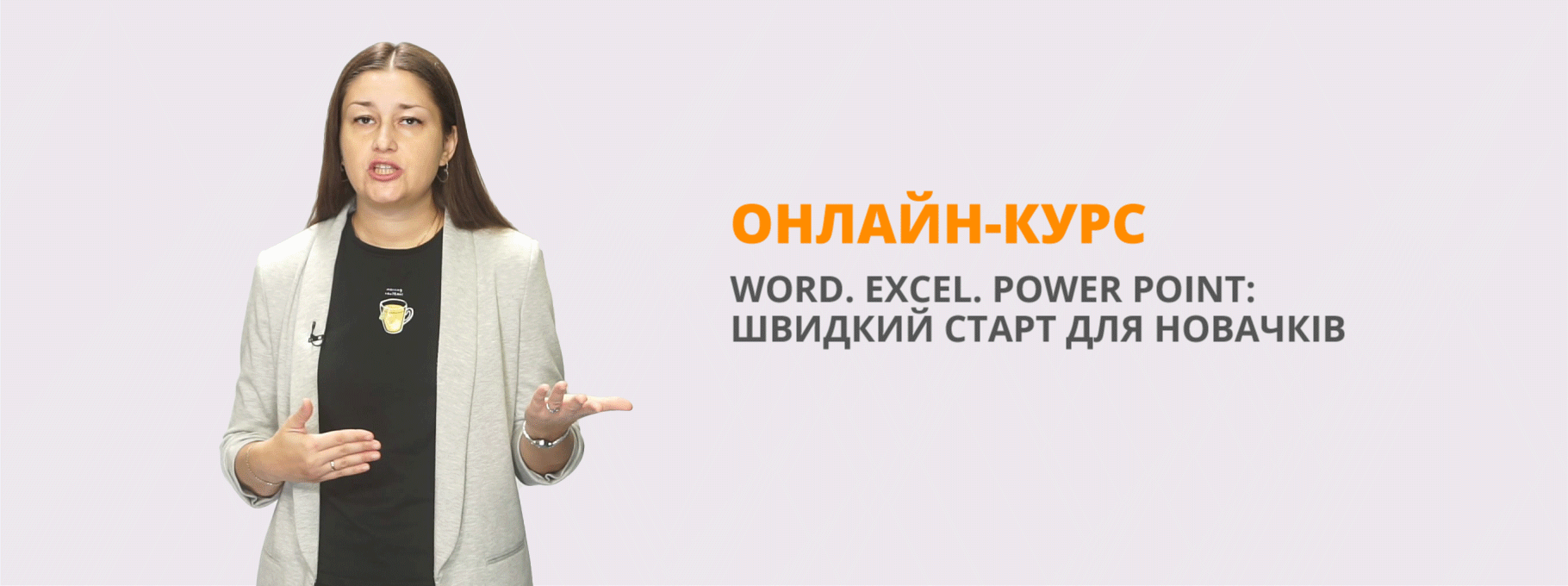Nature and Environment
Nature and Environment
I.Match
|
1. global warming |
a) the gradual warming of the Earth caused by pollution that stops heat from leaving the Earth’s atmosphere |
|
2. the ozone layer |
b) a layer of nature gases around the Earth. The ozone layer protects the Earth from the harmful effects of the sun, but pollution is causing a hole in it. |
|
3. climate change |
c) the way in which plants and animals and natural features of a place affect and depend on each other. |
|
4. the greenhouse effect |
d) changes in the weather around the world, which result in much higher or lower temperatures, violent storms, floods, etc. |
|
5. ecology |
e) general increase in the temperature of the world, caused by pollution from cars, factories, etc. |
II. Read the text and fill in the gaps with the given words. One word is odd.
Word list: Paper, waste, collecting, recycling, pollution, logo, recycled.
 Recycling is taking used materials and A) ____________ and then turning it into new, useful products. For example, most paper is made from trees, but if old paper is recycled, less trees will be needed. Recycling uses less energy, and helps to control B) ____________.
Recycling is taking used materials and A) ____________ and then turning it into new, useful products. For example, most paper is made from trees, but if old paper is recycled, less trees will be needed. Recycling uses less energy, and helps to control B) ____________.
Three steps for recycling include C) ___________, sorting, and processing.
What materials can be D) __________? E) ___________, including newspapers, magazines, cardboard, books, and envelopes can all be recycled into reusable products.
Plastic is also a common recyclable product, including water, soda, and other drink bottles; plastic bags, wrappers, and many more items.
Glass recycling also includes soda and other drink bottles, as well as jars, broken pieces of glass, and many other glass products.
There is a special F) __________that shows the item can be recycled.
III. Open the brackets using forms of Conditional I.
1. If people __________________ (to work together) our planet _____________________ (to be saved).
2. If air ____________________ (to be polluted) we __________________ (to breathe) toxic gases.
3. If you __________________ (to throw away) rubbish into the bin our streets _______________ (to be) cleaner.
4. We ___________________ (to save) nature if we ________________ (to recycle) used materials.
5. If factories ____________________ (to give off) toxic gases the ozone layer __________________________ (to be destroyed).
6. There ________________ (to be) smog in cities if factories and plants ___________________ (to pollute) air.
7. If waste __________________ (to be dumped) in the oceans lots of fish, animals and plants _______________ (to die out).
8. If the global warming __________________ (to continue) the polar ice ________________ (to melt).


про публікацію авторської розробки
Додати розробку
